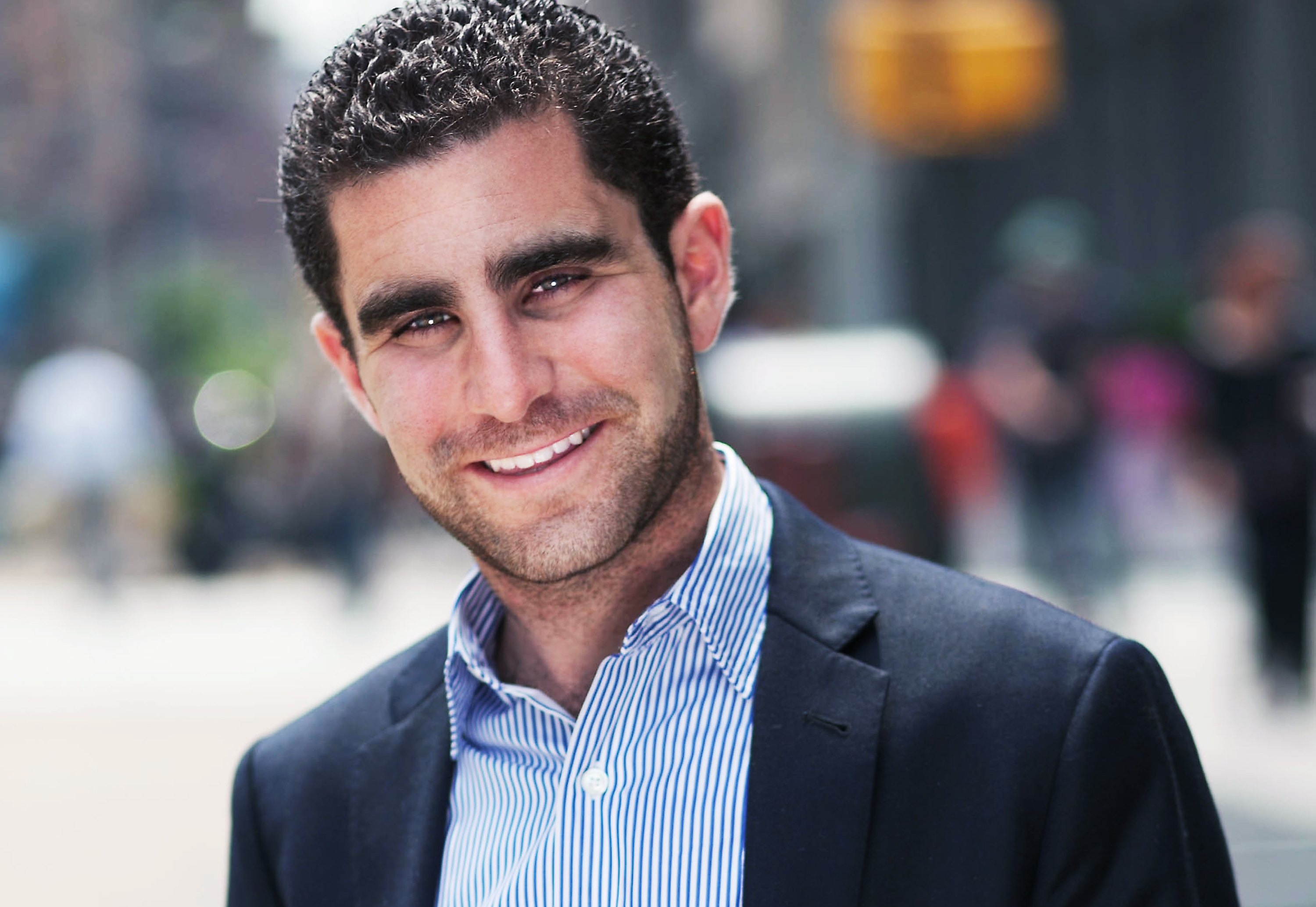There have been at least three major cases filed against individuals recently that involved trading or selling Bitcoin in some manner or the other.
One such case is U.S. v. Faiella, U.S. District Court, Southern District of New York, No. 14-cr-00243, which involved two defendants, Robert Faiella and Charlie Shrem, was at least halfway settled on Friday when Charlie Shrem agreed to a plea deal with US prosecutors. The case involved the two defendants allegedly attempting to sell more than US$1 million in digital currency on the Silk Road.

Shrem was originally charged with a range of offenses including money laundering conspiracy, operating unlicensed money transmitting business and failing to file suspicious activity reports. The agreement yesterday reduced all of these charges to simply unlicensed money transmission.
The details of the plea agreement have not been released but Cointelegraph is attempting to interview both Shrem and Faiella. Attorneys for Robert Faiella filed a motion to dismiss earlier this month alleging that the IRS ruling that Bitcoin was property precluded the prosecution from charging his client with “money laundering.”
The problem for Faiella, and possibly one of the reasons Shrem decided to plead guilty to a reduced charge, is that at least two Federal courts have ruled on this issue and have held that Bitcoin can be both property and money. The only real defense the two had to those particular charges was that Bitcoin could not be included in the statutory definition of money.
In Texas a Federal Magistrate ruled that because Bitcoin could be readily exchanged for goods and services in a dominated manner it had value as money. In both the Texas and Florida cases the judges were clear that the IRS ruling applied only to taxation issues, implying that it was not the function of that agency to define “money.”
Shrem is well known in the cryptocurrency community. He was CEO of BitInstant, a Bitcoin exchange company, before taking a position with the Bitcoin Foundation, a Bitcoin advocacy and trade group. After being charged for money laundering in the Silk Road scandal however Shrem decided to resign his post with the Bitcoin Foundation.
The Bitcoin Foundation files an Amicus Curie brief in the Florida case but not in Shrem’s case in New York. This is possibly because Shrem was charged originally with a wide variety of offense while Reid in Florida was only charged with simple unlicensed money transmission.
There was no indication that Faiella was also planning to reach an agreement or even if such an agreement had been offered. Prosecutors often offer a lesser charge to one defendant in the hopes of getting what they hope is a bigger fish. Neither defendant denied attempting to sell the Bitcoins, relying on the “Bitcoin is not money” defense.
The Judge in the case has already ruled against Shrem on this issue, possibly another reason for Shrem’s decision, and the trial is scheduled to begin on September 22, 2014.
We have not been able to reach either defense attorneys or the prosecutor for comments this weekend but will continue to monitor developments.
Did you enjoy this article? You may also be interested in reading these ones:
Coin HR - the best way to find a perfect bitcoin job or an applicant for your vacancy. We connect talent with opportunity!
